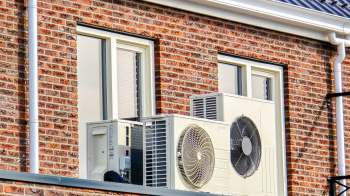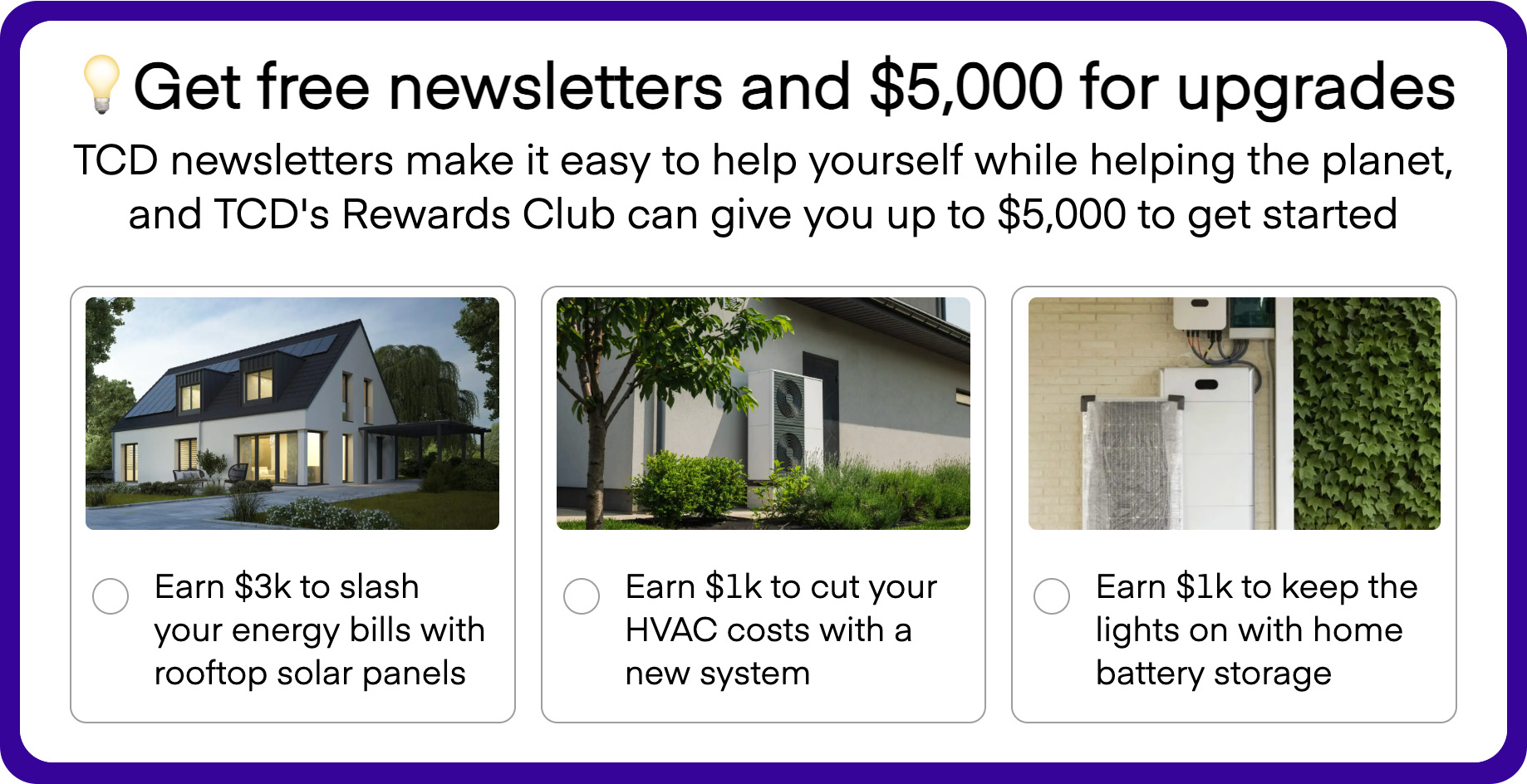A new battery production partnership could mean a faster charge and safer commute for electric vehicle drivers around the United States.
Xponential Battery Materials has signed an agreement with Ampcera, a solid-state battery materials supplier, to produce what Charged EVs Magazine called a "high-energy density, low weight, and cost-effective sulfur solid-state battery for EVs." The companies said the sulfur solid-state battery is a conversion system that will create many opportunities for EVs.
"Our CarbonX Li-S cathode material is the most sustainable EV battery cathode material with nearly 2x the capacity compared to other LIB cathode materials, at roughly half the cost of competing EV LIB cathode materials," XBM CEO Phil Roberts said, according to Charged EVs.
The partnership is the latest in a string of developments involving solid-state batteries. According to Car and Driver, solid-state cells recharge faster and provide better safety. In fact, several car companies have announced intentions to use solid-state batteries in vehicles before 2030.
Toyota said it plans to introduce solid-state batteries in 2027. The batteries would have the ability to recharge in 10 minutes from 10-80% state of charge. Meanwhile, Honda opened a demonstration production line for solid-state batteries with the goal of testing different cell sizes and production processes.
The ramp-up of solid-state battery production comes amid a thriving EV market. Sales for the environmentally friendly vehicles reached a record 1.3 million in the U.S. in 2024, per Cox Automotive. That's up more than 7% from the year before.
Perk up the winter blues with natural, hemp-derived gummies Camino's hemp-derived gummies naturally support balance and recovery without disrupting your routine, so you can enjoy reliable, consistent dosing without guesswork or habit-forming ingredients. Flavors like sparkling pear for social events and tropical-burst for recovery deliver a sophisticated, elevated taste experience — and orchard peach for balance offers everyday support for managing stress while staying clear-headed and elevated.
Learn more → |
The increase in sales is especially promising since several countries around the world have made plans for 100% zero-emission vehicles over the next 25 years, according to Earth.org. Unlike their gas counterparts, EVs produce no tailpipe pollution. Although EV battery production does have an environmental impact, one study showed that solid-state batteries are better for the environment compared to lithium-ion batteries.
Solid-state batteries are also said to improve driving range for EVs. However, there are also other ways to reduce the hassle of charging the vehicles.
Installing solar panels at home gives EV drivers a more convenient and affordable charging option as opposed to finding a charging station. Tracking down the right solar installer can be simple with resources like EnergySage, which allows homeowners to compare quotes before making a decision.
|
If you were going to purchase an EV, which of these factors would be most important to you? Click your choice to see results and speak your mind. |
Join our free newsletter for weekly updates on the latest innovations improving our lives and shaping our future, and don't miss this cool list of easy ways to help yourself while helping the planet.
TCD Picks » Upway Spotlight
💡Upway makes it easy to find discounts of up to 60% on premium e-bike brands















